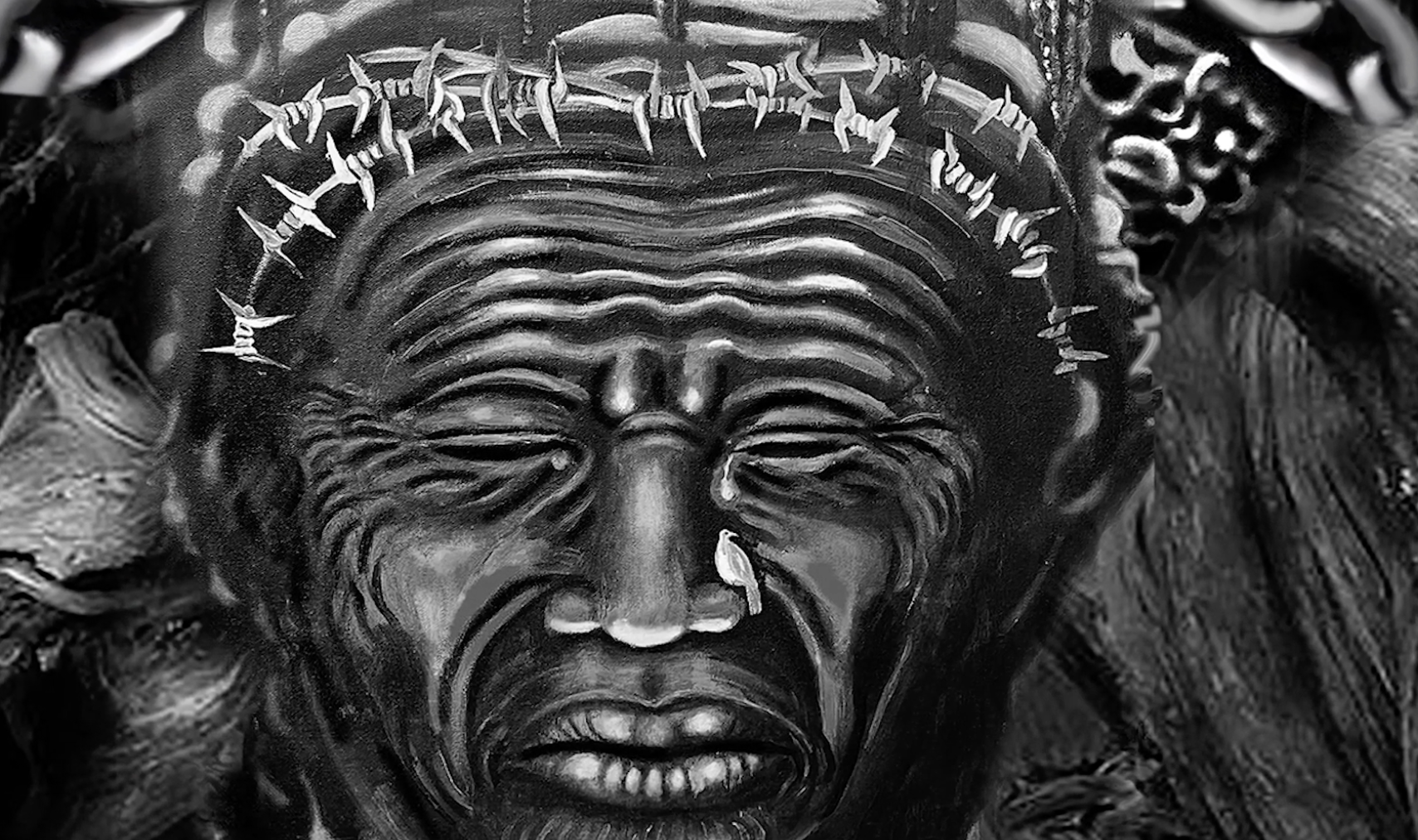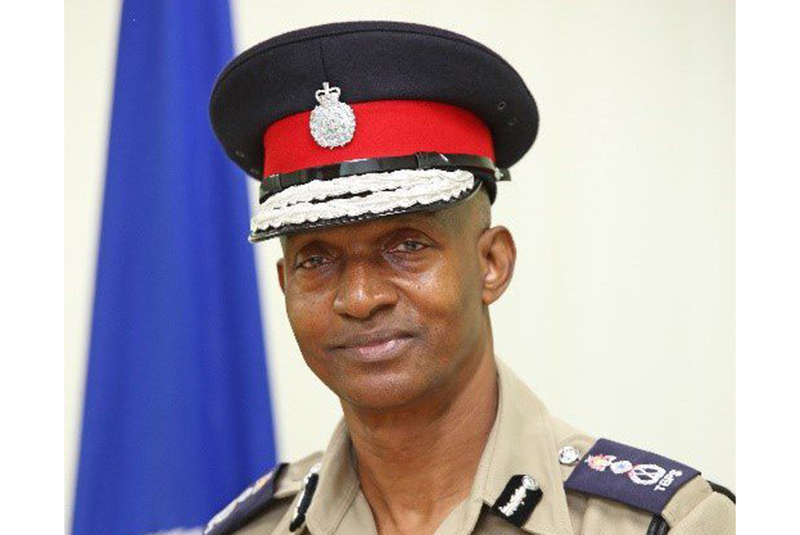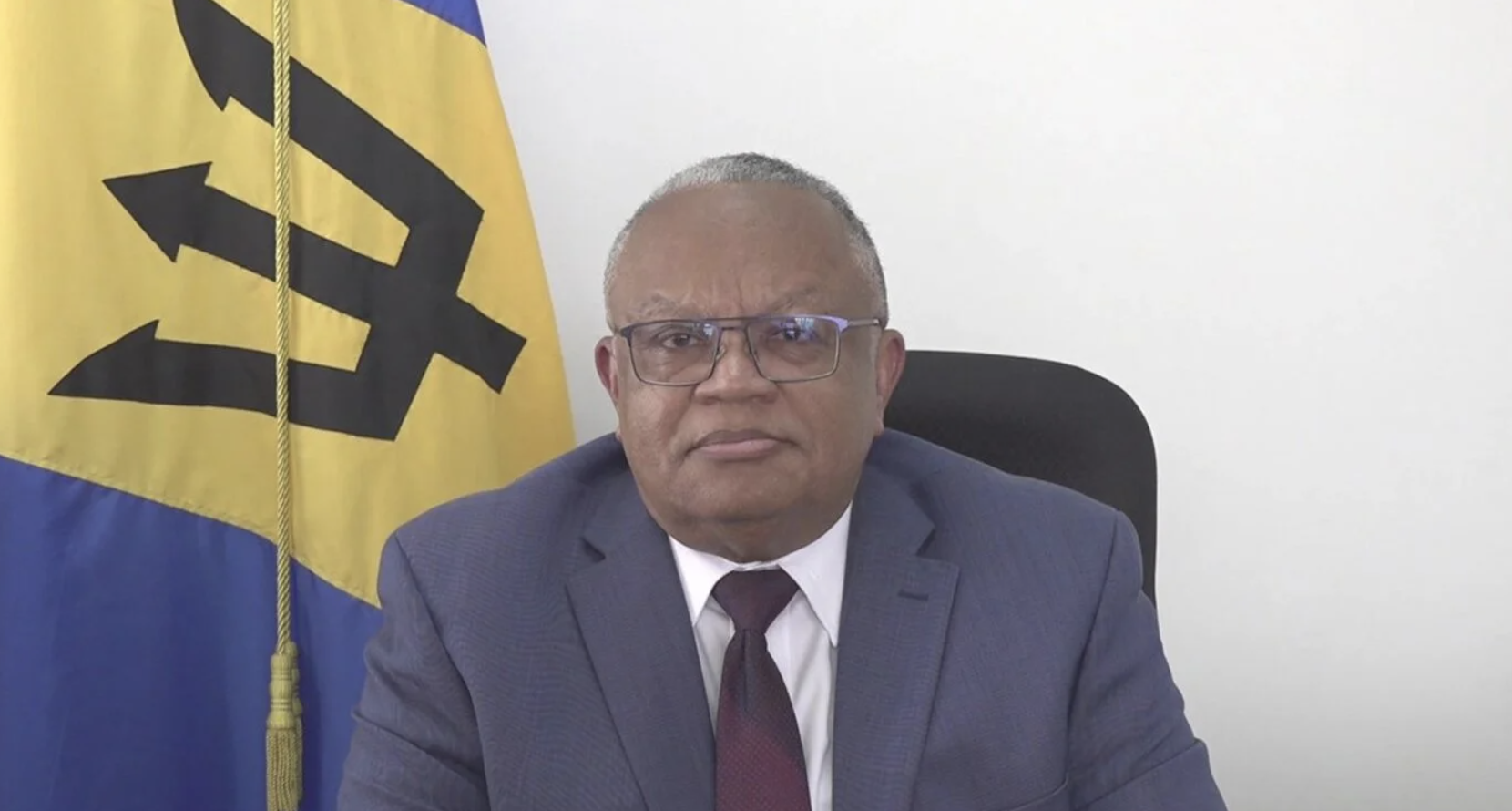Submitted by David Comissiong

The premiere of a film of such national significance as “Barrow- Freedom Fighter” should automatically call forth a substantive critique by such entities as the national newspapers, the University, the Barbados Film and Video Association, the various Arts societies, and/or the many independent Barbadian scholars and academics. But since it would appear that none of these entities are prepared to do their duty to our society, I will essay a step into the breach and make an effort to critique this important film.
I would like to begin by giving credit to Mrs Marcia Weekes– the Executive Producer and Director of the docu-drama. Mrs Weekes is to be complimented for having had the vision and patriotism to recognize that the commemoration of Barbados’ 50th anniversary of Independence demanded the production of a major film on the subject of our people’s struggle to attain Independence / nationhood / sovereignty / freedom. Mrs Weekes is also to be complimented for having exhibited the will and determination to bring this project to fruition, and for striving for and achieving the very high international quality technical production standards that distinguish this new Bajan movie.
Indeed, Mrs Weekes’ contribution to the national effort to commemorate our country’s Golden Jubilee far outstripped our Government’s unimaginative staging of multiple mundane concerts, and their manifestly backward and reactionary parading of Britain’s Prince Harry at the supposedly climactic events of the year-long national commemoration.
The bad news however, is that “Barrow– Freedom Fighter” – in spite of its technical excellence– turned out to be a seriously flawed and deficient depiction of the life of the Right Excellent Errol Barrow.
OMISSIONS
Let us begin with the many omissions that marred the docu-drama.
If a movie is to do justice to the story of Errol Barrow as a “fighter” who helped pave the way to Barbados attaining Independence, then surely it must pay some attention to the several monumental battles that took place between Mr Barrow and the other acknowledged political titans of the day, as historic contests that shaped the contours of the great man’s career. Surely , the story of Errol Barrow’s career as a statesman cannot be properly told without dwelling to some extent on his battles with such other heavyweights as:-
- Sir Grantley Adams – from 1952 to 1966, on a whole range of issues pertaining to relations with the colonial Governor , constitutional advancement of the then colony of Barbados, and the contest for electoral supremacy within Barbados;
- Wynter Crawford and Erskine Ward – from 1965 to 1966, on the struggle waged by these powerful Democratic Labour Party (DLP) Government Ministers within the Cabinet and inside the DLP itself to determine whether Barbados should go into Independence alone or persist with the effort to establish and lead a Federation of the Eastern Caribbean into Independence; and
- Ernest Deighton Mottley – from 1965 to 1967, in the House of Assembly and in many a public meeting in the streets of Bridgetown over both the issue of “Independence alone or within a Federation” and the issue of whether Local Government structures (the locus of Mottley’s power) should be retained.
Regrettably, none of these major and historic Barbadian personalities of the day (with the exception of Mottley) are even mentioned by name, much less depicted, in the movie!
And please don’t tell me that there was not enough time to cover this ground in the movie, because more than twenty minutes of the docu-drama were devoted to the trivial issue of Mr Barrow’s love of food, while another sizeable portion of the film was squandered on Mrs Margaret Knight’s apparent obsession with the fact that when she served as Barrow’s personal secretary he once took objection to the manner in which she added punctuation marks to a letter he had drafted!
Furthermore, these were not the only omissions – there were also similar gaping omissions relating to the many persons who played seminal roles in the accomplishing of several achievements that the film misleadingly attributes to Barrow alone. For example, one simply cannot do justice to the story of the establishment of “Free Secondary Education” without at least referring to the contribution of one T.T. Lewis, nor to the story of the creation of the National Insurance Scheme without mentioning the critical contribution of the great Wynter Algernon Crawford. Yet this is precisely what the movie does!
GREAT MAN CONCEPT OF HISTORY
Indeed, the major flaw of “Barrow – Freedom Fighter” is that it serves to perpetuate the long debunked and discredited “Great Man” concept of history. Simply put, the movie leaves the viewer with the impression that the only person of true significance and agency during the “Barrow era” was Errol Barrow himself .
And I can give multiple examples of this. Just imagine – in a movie that purports to deal with national development in Barbados in the pre and post Independence years, there is no mention whatsoever of such close collaborators of Errol Barrow as Sir James (Cameron) Tudor or Brandford Taitt!
This is extremely unfortunate because, even while we rightfully credit Mr Barrow with being the maximum political leader who presided over this seminal period in our nation’s history, the reality is that he did not (and could not) do it alone.
There is a very great danger therefore that young impressionable Barbadians who view the movie will come away with the false impression that progress in a society is generated by the efforts of an individual “Great Leader”, rather than with an understanding that progress is the product of the commitment and actions of a multiplicity of engaged and active citizens.
TRIVIALIZING THE STRUGGLE
And then there is the problem of the trivializing of the struggle for Independence itself! According to the movie, the real drama in the struggle for Independence revolved around the British Secretary of State for the Colonies refusing to chair the England-based Barbados Constitutional Conference unless Mr Barrow first apologized for some comment that Barrow had allegedly made about him.
Surely, instead of focusing on this relatively trivial event, it would have been better to give viewers a sense of the long trajectory of the true struggle for Independence, ranging from the Bussa Rebellion of 1816, the People’s Uprising of 1937, the many popular (and often armed) anti-colonial rebellions that that took place throughout Africa in the 1950’s and early 1960’s, and to Mr Barrow’s own battles with the British Colonial Office during the long and tortuous struggle over the proposed Eastern Caribbean federation.
During the decade of the 1950’s the British Government made it clear that it had no intention of granting Independence to Barbados and their other Caribbean colonies in the foreseeable future. What caused the British Government to change its mind? The answer to this question is to be found in the heroic armed struggles that took place in Kenya, Algeria, Ghana, Cuba, the Congo, Rhodesia and South Africa, and the fear that these revolts aroused in the British that — just like in the 1930’s — similar struggles could once again take place in the Caribbean if they did not radically speed up the timetable for Independence.
Other elements of “trivializing” are to be found in Mrs Weekes’ decision to have a pioneering movie about the “father” of Barbadian Independence not only narrated by a North American, but to also have the Errol Barrow lead character played by an actor who is also essentially North American. This was truly unbelievable.
THE CLASS ISSUE
And then there is the class issue. A large part of the movie comprises interviews done with various residents or Citizens of Barbados, but in all the interviews done, no time or space was found for a single interview with a working class Barbadian! Apparently, while space could be found to accommodate opinions about Mr Barrow by such persons as Mrs. Ram Merchandani and Mr. and Mrs. Taan Abed, it was not found possible to ask a single ordinary working class Barbadian– not even a resident of Mr Barrow’s St John constituency– their opinion of this exceptional Barbadian.
The class issue also reared its head in the portrayals of the various members of the 1966 House of Assembly. All but one of the MPs were portrayed as serious persons. For some reason, the only MP who was portrayed as a comical clown who indulged in belching loudly in the House of Assembly was the quintessential working class Parliamentarian LLoyd “Boy Child” Smith. Why are we in Barbados still at the stage where we conceive of working class Barbadians as easy sources of farce and comedy?
CONCLUSION
I began this critique by giving Mrs Marcia Weekes credit for making the effort to produce a pioneering biographical movie about the great Errol Barrow, but unfortunately I have to end my critique with the conclusion that the effort was something less than successful. In my opinion there are simply too many flaws in the movie for it to qualify as a satisfying depiction of the life and record of our “Father of Independence”.
But, maybe “Barrow– Freedom Fighter” can be regarded as a valiant first attempt that will inspire other intrepid Barbadian film-makers to, as the Americans say, step up to the plate, follow Mrs Weekes’ lead, and make the effort to produce not only the definitive Errol Barrow movie, but all of the other essential local biographical docu-dramas that Barbados so desperately needs and deserves.




The blogmaster invites you to join and add value to the discussion.